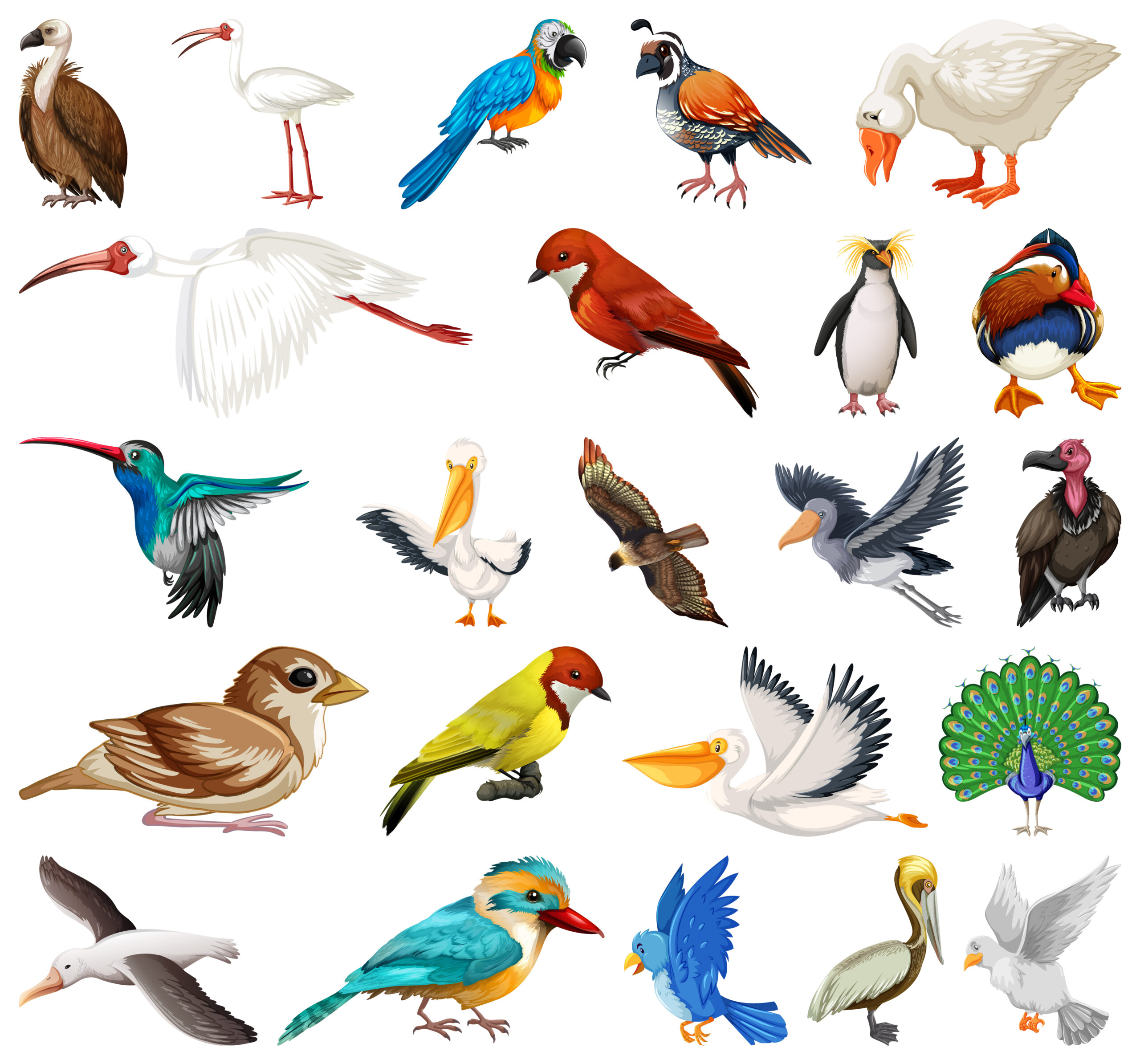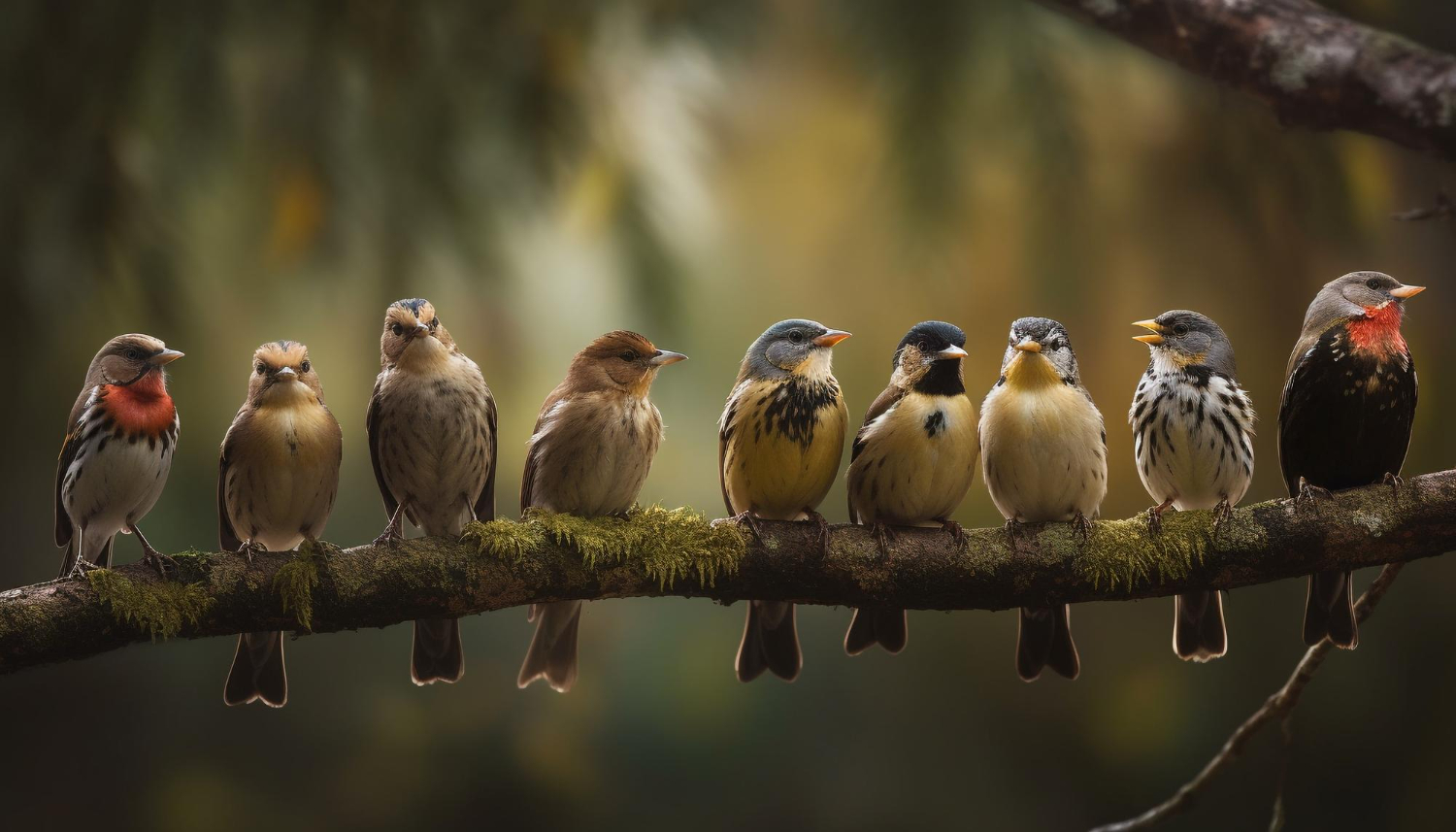Macaw birds are some of the most fascinating creatures in the animal kingdom. Known for their vibrant colors, sharp intelligence, and playful personalities, these parrots have captured the hearts of bird lovers worldwide. In this blog, we will dive deep into the world of macaw birds, exploring what makes them unique and why they stand out among other bird species. Whether you are a bird enthusiast or simply curious about macaw birds, this guide will offer insights into their amazing lives.
What Are Macaw Birds?
Macaw birds are large, colorful parrots native to Central and South America. They belong to a group of birds called “psittacines,” which includes other parrots and parakeets. Macaw birds are famous for their long tail feathers, bright plumage, and curved beaks. These birds are often found in rainforests, where they play an important role in their ecosystem by spreading seeds and maintaining forest health.
The striking beauty of macaw birds is one of the first things people notice. Their feathers are often a mix of bright blues, reds, yellows, and greens, making them stand out in the wild. This dazzling appearance is not just for show—it helps them camouflage in the dense forests they call home.
The Intelligence of Macaw Birds
One of the most remarkable traits of macaw birds is their intelligence. They are among the smartest bird species, capable of solving puzzles, learning tricks, and even mimicking human speech. Their sharp minds make them highly adaptable, whether they are navigating their natural environment or interacting with humans in captivity.
Macaw birds are known for their problem-solving skills. In the wild, they use their beaks to crack open hard nuts and fruits. This requires not only physical strength but also the ability to think through how to access their food. In captivity, macaw birds often enjoy playing with toys designed to challenge their intelligence, such as puzzle feeders.
Macaw Birds and Their Social Nature
Macaw birds are incredibly social animals. In the wild, they live in flocks that can range from a few individuals to over 30 birds. These flocks provide safety, as there is strength in numbers when it comes to avoiding predators. Macaw birds rely on their strong bonds within the group, communicating through a variety of calls, squawks, and gestures.
In captivity, macaw birds form close relationships with their human caretakers. They are known to be affectionate and enjoy being around people. However, their social needs mean they require plenty of attention. A lonely macaw bird can become bored or even develop behavioral problems.
Playful Behavior of Macaw Birds
macaws bird are incredibly playful creatures. Their natural curiosity drives them to explore their surroundings and interact with objects. In the wild, this playfulness helps young macaws bird develop important skills they will need as adults, such as foraging for food and avoiding predators.
In a home environment, macaw birds love toys. Chewable items, ropes, and interactive puzzles are particularly popular. Their playful nature also extends to their interactions with people. A macaws bird might enjoy playing a game of “peek-a-boo” or simply engaging in a fun activity with their owner.
The Amazing Communication Skills of Macaw Birds
Macaw birds are excellent communicators. They use their voices to express a wide range of emotions, from excitement to alarm. Their ability to mimic human speech is one of the reasons they are so popular as pets. However, not every macaws bird will talk. Those that do can learn to repeat words and even short phrases.
Their vocal skills are not just for entertainment. In the wild, macaws bird use their calls to stay in touch with their flock and warn each other of potential dangers. This communication is essential for their survival in the wild.
Macaw Birds in the Wild
In their natural habitat, macaws bird are an important part of the ecosystem. By eating fruits and nuts, they help disperse seeds, which contributes to the growth of new plants. Macaws bird are also known to feed on clay from riverbanks. This behavior, known as “geophagy,” helps them neutralize toxins found in some of the fruits they eat.
Unfortunately, macaws bird face many threats in the wild. Deforestation and illegal pet trade have significantly reduced their numbers. Conservation efforts are critical to ensuring the survival of these magnificent creatures.
Keeping a Macaw Bird as a Pet
Macaw birds are a popular choice for those looking to own a pet bird, but they require a lot of care. Their large size and high energy levels mean they need plenty of space to move and play. A macaws bird cage should be spacious and filled with toys to keep them entertained.
Feeding a macaws bird also requires attention. Their diet should include fresh fruits, vegetables, nuts, and specially formulated pellets. A healthy diet is essential for their overall well-being and longevity.
Owning a macaws bird can be a rewarding experience, but it’s important to remember that they can live for up to 50 years or more. This long lifespan means they are a lifelong commitment.
Macaw Birds and Their Lifespan
macaws bird are known for their long lives. In the wild, they can live up to 40 years, while those in captivity can live even longer, often reaching 50 years or more. Their longevity is a testament to their resilience, but it also means they need dedicated care throughout their lives.
The long lifespan of a macaws bird makes them unique among pets. Owners must be prepared for decades of responsibility. This includes providing a proper diet, regular veterinary check-ups, and plenty of mental and physical stimulation.
Threats to Macaw Birds
Despite their adaptability and intelligence, macaws bird face several threats in the wild. Habitat loss due to deforestation is one of the biggest challenges. As forests are cleared for agriculture or development, macaws bird lose their homes and food sources.
Another significant threat is the illegal pet trade. Many macaws bird are captured from the wild and sold as pets. This not only reduces wild populations but also subjects these birds to stress and poor living conditions.
Conservation efforts are essential to protect macaws bird. Organizations around the world are working to preserve their habitats and raise awareness about the importance of keeping these birds in the wild.
Interesting Facts About Macaw Birds
- Bright Colors: The colorful feathers of macaws bird are not just beautiful—they help them blend into their natural surroundings.
- Strong Beaks: macaws bird have powerful beaks that can easily crack open nuts and seeds.
- Bonded for Life: Many macaws bird mate for life, forming strong bonds with their partners.
- High Flyers: Some macaws bird can fly up to 35 miles per hour, making them agile and efficient in the wild.
- Long Lives: With proper care, a macaws bird can live for more than five decades.
Why Macaw Birds Fascinate Us
Macaw birds have a special charm that makes them irresistible to bird lovers. Their intelligence, playful behavior, and vibrant appearance combine to create a creature that is truly unique. Whether they are soaring through the rainforest or sharing a moment with their human caretaker, macaw birds never fail to amaze.
Conclusion
Macaw birds are much more than their stunning looks. Their intelligence, playful nature, and social behavior make them one of the most captivating species in the animal kingdom. From their incredible problem-solving skills to their deep bonds with humans, macaw birds have earned their place as a favorite among bird enthusiasts.
If you ever have the chance to see a macaw bird up close, take a moment to appreciate their beauty and brilliance. These remarkable creatures remind us of the wonders of nature and the importance of preserving it for future generations.



